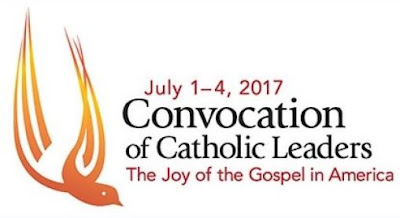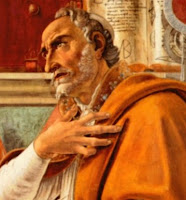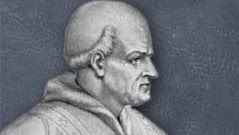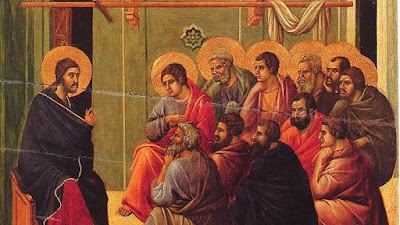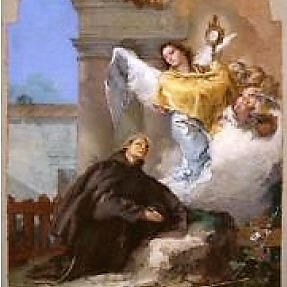St. Bernardine of Siena, the Apostle of Italy

On May 20th, the Church celebrates the optional memorial of Saint Bernardine of Siena. If Bernardine were alive today, there is no doubt that he would be a media sensation. Renowned as one of the most influential preachers of his time, he was even compared to St. Paul by Pope Pius II for both his zeal and the charismatic nature of his words. Though not without his detractors, who would themselves be silenced by Pope Martin V, Bernardine became known as the "Apostle of Italy." Bernardine was born in the region of Siena, Italy, in 1380, and was orphaned at an early age. He was raised by pious aunts and, by all accounts, led a blameless youth. In 1400, when Bernardine was 20, the plague was at its most terrible in Siena, carrying off almost two dozen people a day. Rather than flee from the contagion, Bernardine and some of his friends instead offered to tend to the sick and dying at the hospital of Santa Maria della Scala. The young man threw himself heart and soul into the
